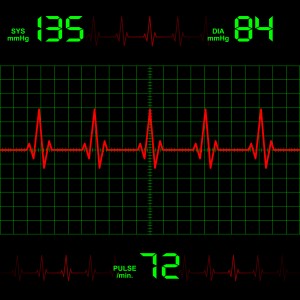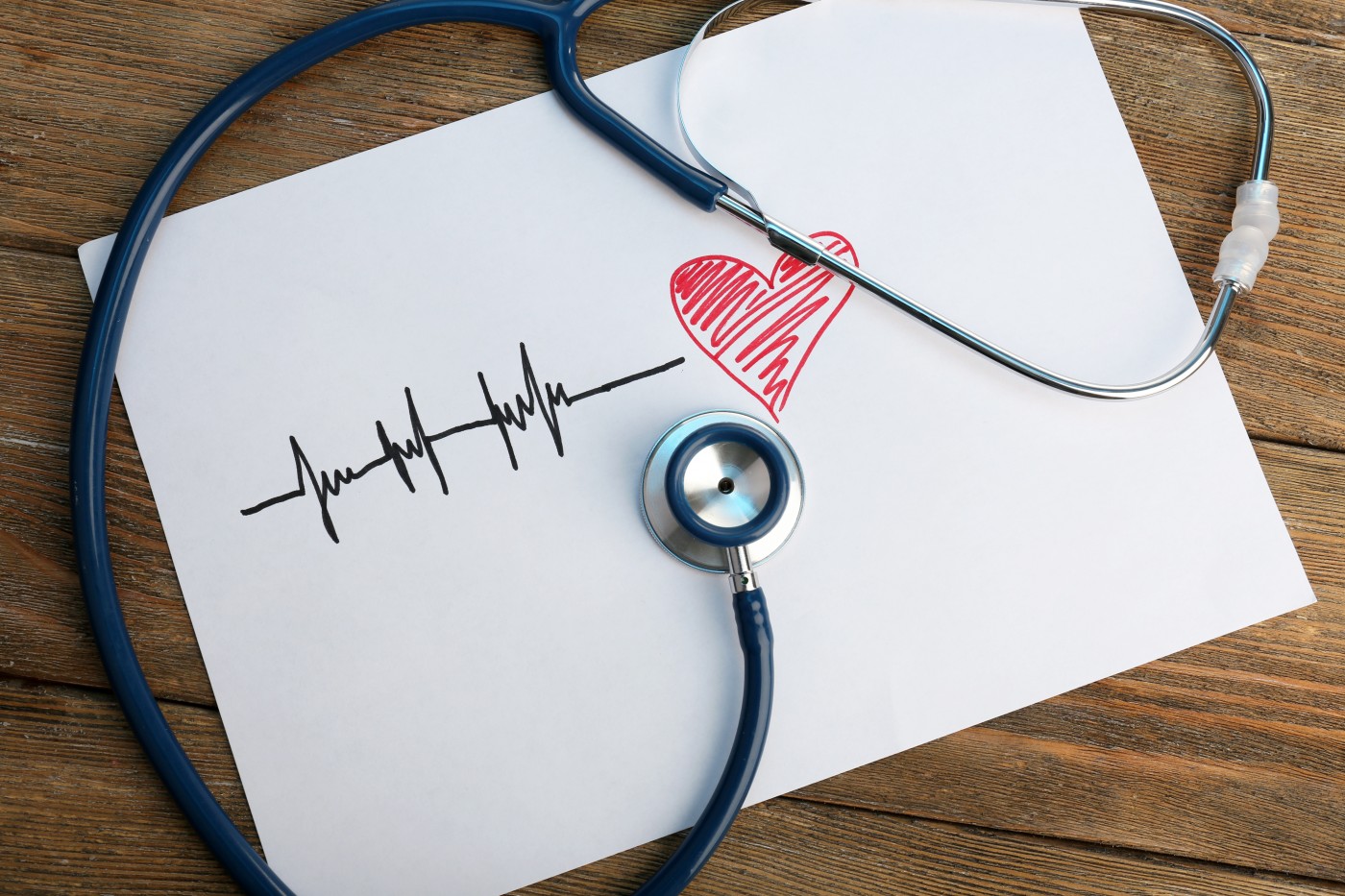 A team of researchers led by Robert Hutchins from the University of California San Francisco found that one-third of people would risk shortening their lives instead of taking a daily pill for cardiovascular disease prevention. The results were published in the current issue of the Journal Circulation: Cardiovascular Quality and Outcomes.
A team of researchers led by Robert Hutchins from the University of California San Francisco found that one-third of people would risk shortening their lives instead of taking a daily pill for cardiovascular disease prevention. The results were published in the current issue of the Journal Circulation: Cardiovascular Quality and Outcomes.
The researchers conducted an internet-based survey of 1,000 US residents aged ≥30 years, and examined utility values of daily pill-taking for cardiovascular prevention. The survey asked participants about how much time of their lives they would sacrifice to avoid taking a daily medication, and the amount of money they would be willing to pay in order to avoid taking a pill. Participants were also asked about the risk of death they would accept to avoid taking medications for cardiovascular disease prevention.
In their study, entitled “Quantifying the Utility of Taking Pills for Cardiovascular Prevention,” the researchers found that from the total sample, 79% of the respondents took ≥1 pills daily. Mean utility using the time trade-off method was 0.990, including ≈70% not willing to trade any amount of time to avoid taking a preventive pill daily. Furthermore, the results revealed that mean utility was 0.99, with 62% not willing to risk any chance of death. Respondents were willing to pay an average of $1,445 to avoid taking a pill daily, thus revealing a mean utility of 0.994, however, 41% of the participants said that they were unwilling to pay any amount.
“What we were really trying to measure is how much the act of taking a pill — obtaining it, remembering to take it and actually taking it — interferes with one’s quality of life,” said Robert Hutchins, M.D., M.P.H., lead author and resident physician in UCSF’s Department of Medicine, Division of General Internal Medicine in a recent news release. “Even ignoring the side-effects of pills, the act of having to take a daily pill can have a large effect on an individual’s quality of life.”
“When you consider that many adults are on numerous pills, the effect is often magnified for that person. On a population level, even for the small reductions in quality of life like those found in this study, that effect multiplied across millions of people can have very large effects on the cost-effectiveness of that drug for a population.”
The study authors believe that this is the largest study to date to examine the usefulness of taking medications for cardiovascular disease prevention. However, because of the methodology employed (time trade-off and gamble and willingness-to-pay) in the study, the authors noted that the results cannot be extrapolated.
Time trade-off-based utility decreased as age increased. Moreover, other factors accounted for the results such as sex, race, numeracy, difficulty with obtaining pills, and number of pills taken per day, but did not vary by education level, literacy, or income.
Findings from this study indicate that the utility of taking cardiovascular disease prevention pills, including statins and aspirin, is approximately 0.990 to 0.994.
“It is important to note that our survey only measured individuals’ preferences at one point in time,” Hutchins said in the news release. “However, the fact that we did not see large differences gives us confidence that this effect is probably not large.”


